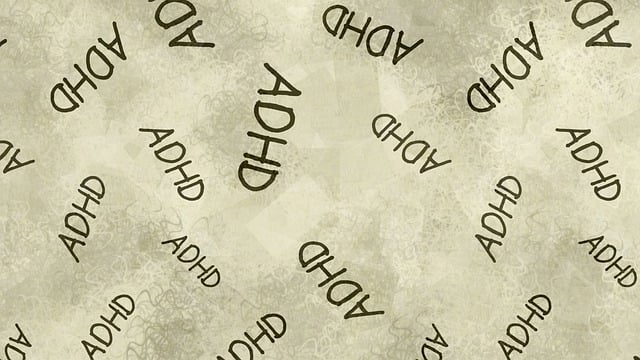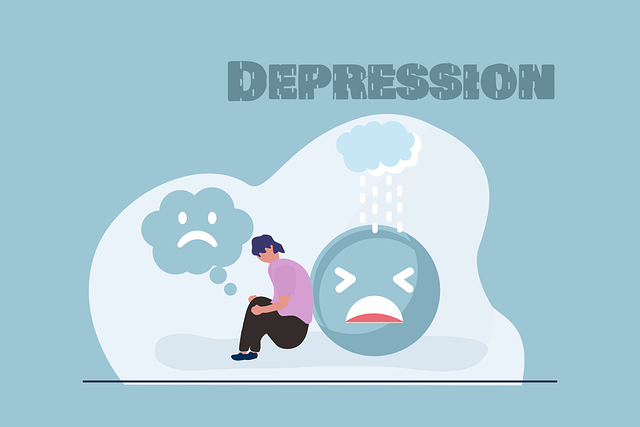Boulder Russian Speaking Therapy emphasizes tailored communication strategies to engage and serve its target audience effectively. This involves adapting therapeutic techniques, leveraging community networks, and using multimedia resources in both digital and traditional formats to dispel mental health myths. By evaluating campaign impact through key metrics, the organization ensures continuous improvement, ultimately promoting better mental wellness practices within Boulder's diverse communities, especially among Russian-speaking residents.
In Boulder, where a diverse community includes a significant Russian-speaking population, effective public awareness campaigns are vital for promoting mental health and access to therapy. This article explores strategic approaches tailored specifically to engage and educate this demographic. From understanding unique cultural nuances of the target audience to leveraging traditional and digital media channels, we delve into proven methods for successful Boulder Russian Speaking Therapy campaign development. Key insights on measuring impact and iterative improvements ensure maximum reach and positive outcomes.
- Understanding the Target Audience: Unlocking Effective Communication for Boulder Russian Speaking Therapy Campaigns
- Crafting Compelling Messages: Strategies to Engage and Educate for Public Health Awareness
- Channelizing Communication: Leveraging Traditional and Digital Media for Maximum Reach in Boulder's Russian-Speaking Community
- Measuring Impact and Iteration: Evaluating Campaign Success and Adapting for Continuous Improvement
Understanding the Target Audience: Unlocking Effective Communication for Boulder Russian Speaking Therapy Campaigns

Understanding your target audience is a cornerstone when developing effective Boulder Russian speaking therapy campaigns. Given the unique cultural and linguistic background of Russian-speaking communities in Boulder, therapists must tailor their communication strategies to ensure accessibility and relevance. This involves recognizing diverse needs, beliefs, and communication preferences within this population. For instance, incorporating elements of positive thinking and crisis intervention guidance can be highly beneficial, addressing specific challenges faced by Russian speakers while promoting mental wellness.
Effective campaigns should also leverage existing social networks and community resources prevalent in these communities. By collaborating with local organizations, religious institutions, and cultural centers, therapists can expand their reach and build trust. Furthermore, developing targeted programs that cater to the specific needs of Russian-speaking individuals, such as those interested in mental wellness coaching, will foster a sense of belonging and encourage participation in therapeutic services.
Crafting Compelling Messages: Strategies to Engage and Educate for Public Health Awareness

Crafting compelling messages is a cornerstone of successful public health awareness campaigns. To effectively engage and educate audiences, especially diverse communities like Boulder’s Russian-speaking therapy seekers, it’s crucial to tailor communication strategies that resonate with cultural nuances and personal interests. Incorporating relatable narratives, leveraging visual aids, and employing multilingual resources can significantly enhance understanding and adherence to health guidelines. For instance, a campaign about building resilience during stressful times might feature testimonials from individuals who have successfully navigated challenges, offering practical stress reduction methods tailored to different lifestyles.
Integrating mental wellness journaling exercises guidance into awareness initiatives allows for personalized engagement. By encouraging self-reflection and tracking progress, participants build resilience while improving their overall mental health. For a Russian-speaking community in Boulder, providing resources in their native language, such as translated articles or audio recordings, ensures accessibility and fosters a sense of inclusion. This multifaceted approach not only educates but also empowers individuals to take charge of their public health, ultimately leading to healthier and more connected communities.
Channelizing Communication: Leveraging Traditional and Digital Media for Maximum Reach in Boulder's Russian-Speaking Community

In Boulder’s diverse community, reaching the Russian-speaking population requires a strategic approach to communication, especially when addressing sensitive topics like mental health. Leveraging both traditional and digital media is essential for maximizing engagement and ensuring messages resonate with this demographic. Local radio stations, community newspapers, and cultural centers can serve as powerful platforms for disseminating information about services like Boulder Russian Speaking Therapy. These channels allow for targeted messaging while also offering opportunities to dispel myths and reduce stigma surrounding mental health discussions.
Digital media, particularly social networks and online forums popular among Russianspeaking individuals in Boulder, plays a pivotal role in modern awareness campaigns. By adapting communication strategies to these platforms, advocates can effectively reach young adults and families alike. Content tailored to address issues like self-esteem improvement and mood management, often central to mental health discourse, can gain traction and encourage community members to seek support. Moreover, digital tools enable real-time interactions, fostering a sense of community around mental health advocacy efforts and promoting a culture of open dialogue, ultimately contributing to Boulder’s broader mental health policy analysis and advocacy goals.
Measuring Impact and Iteration: Evaluating Campaign Success and Adapting for Continuous Improvement

Evaluating the impact of public awareness campaigns is a crucial step in ensuring their long-term success and effectiveness. For organizations like Boulder Russian Speaking Therapy, measuring the reach and engagement of campaign messages can provide valuable insights. This involves tracking key metrics such as website traffic, social media interactions, and event attendance to gauge public interest and understanding. By analyzing these data points, campaign organizers can identify what resonates with their target audience and what needs improvement.
Iterative development is a powerful tool in the public awareness arsenal. After assessing campaign outcomes, professionals can adapt their strategies for continuous improvement. For instance, if a particular message or approach yields exceptional results, it can be incorporated into future initiatives. Conversely, aspects that perform poorly may require refinement or replacement. This dynamic process ensures that campaigns remain relevant and tailored to the evolving needs of the community, ultimately fostering better mental health practices like Self-Care Routine Development, effective Risk Management Planning for Mental Health Professionals, and Burnout Prevention Strategies for Healthcare Providers.
Public awareness campaigns, especially those tailored to Boulder’s Russian-speaking community through the lens of Boulder Russian Speaking Therapy, require a multi-faceted approach. By understanding target audiences, crafting compelling messages, strategically leveraging traditional and digital media, and iteratively measuring impact, we can create impactful initiatives that drive positive change. This holistic process ensures that our communication resonates with those who need it most, fostering a healthier and more informed community in Boulder.














